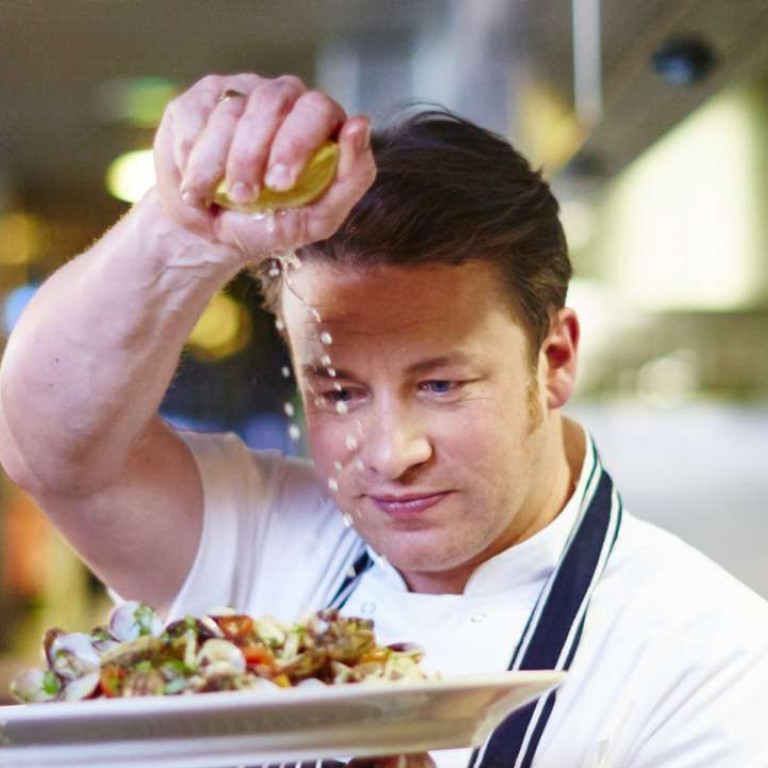
Sharing and matching can be a problem in Hong Kong
The sharing kitchen concept is something unique in the city given its big population and limited space, academic maintains
The concept of the sharing economy, a model in which individuals are able to borrow or rent assets owned by someone else, is not new. It is most popular when the price of a particular asset is high but not fully utilised all the time.
One famous example is the opening of Jamie Oliver’s Fifteen in London in late 2002 for which the celebrity chef recruited 15 young apprentices to be trained alongside 25 chefs and mentors as an innovative way to share skills.
Oliver wanted to offer young unemployed people the experience of learning to cook in the restaurant business.
However, Professor Paul Yip Siu-fai of the University of Hong Kong’s social work and social administration department said the sharing kitchen concept was something unique in Hong Kong given its big population and limited space.
“It is an excellent idea for making good use of community resources to help those in need,” he said.
“It’s a win-win situation by making good use of idle time to increase productivity while new migrants can find work which makes their lives more meaningful,” he added.
He suggested that apart from sharing kitchens, there could be other forms such as sharing vacant school space, underused cinema places and private clubs.
Yip pointed out that the government could amend some licensing rules to facilitate the development of this model.
Economist Andy Kwan Cheuk-chiu, director of ACE Centre for Business and Economic Research, said the intent was good but it was difficult to further expand the scheme given the need to please both sides.
“Sharing a kitchen involves the concept of matching, which is not easy. Many restaurant chefs don’t like sharing their kitchens with other chefs. This concerns mutual trust and the sharing of responsibilities,” he said.

